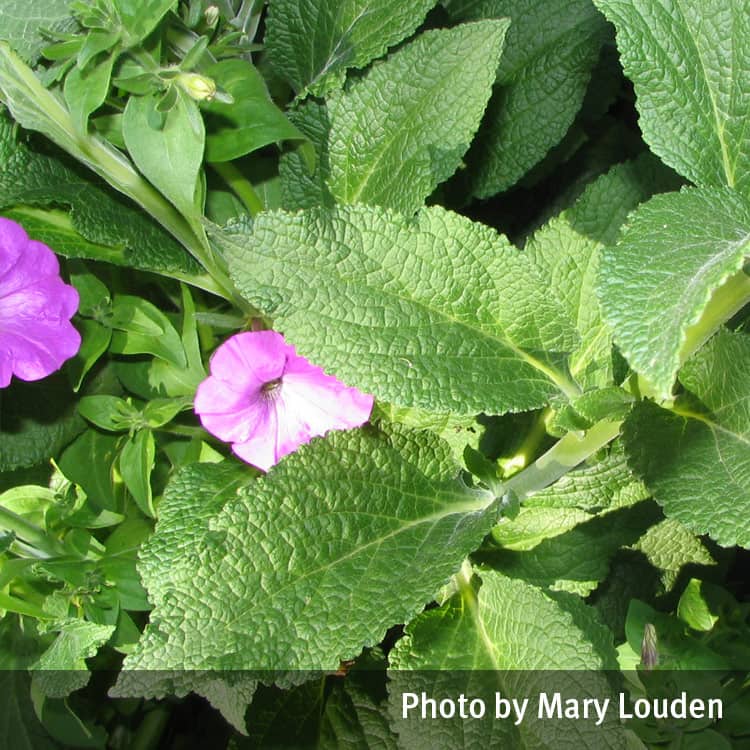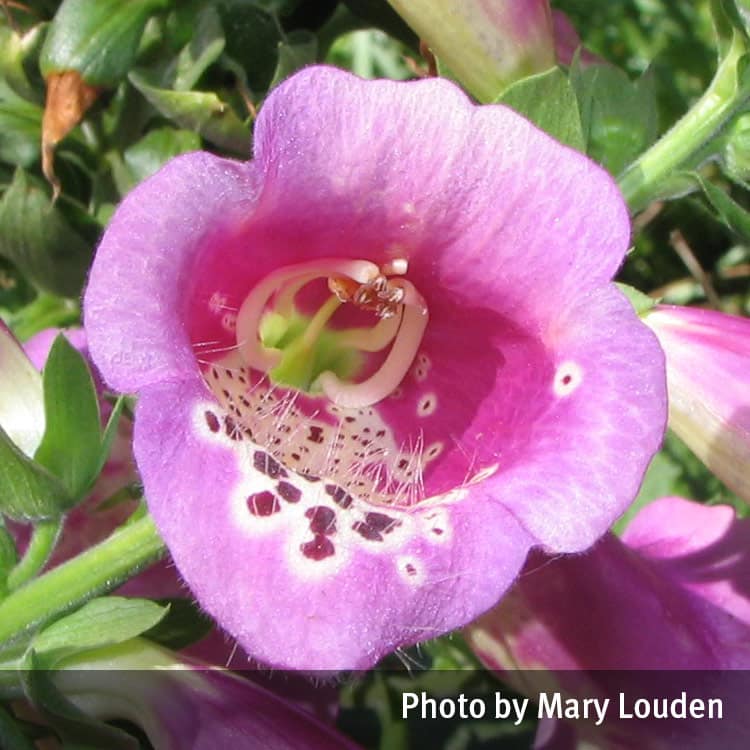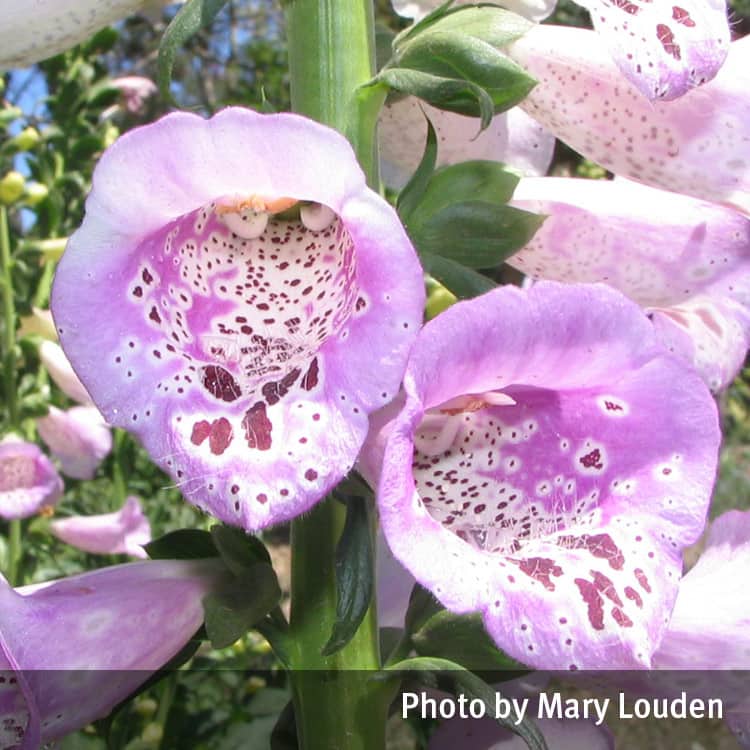Warning
Seek urgent medical attention if any part is ingested.
Description
An annual or short-lived perennial with robust stems, cultivated mainly in temperate gardens.
The flowers are bell-shaped, pink to purple (rarely white) with spots inside the floral tube, and are crowded on a long stem at the top of the plant. Individual flowers are 4–6cm long hanging down on the stem.
The softly hairy leaves have a serrated margin, and prominent veins. The lower leaves are larger, with long stalks, while the upper leaves are smaller with shorter stalks.
Toxicity
Symptoms
All parts of the plant are toxic if eaten. Symptoms can include nausea, diarrhoea and abdominal pain, slow heart rate, tiredness and dizziness. Contact with the sap may cause skin irritation.
Images



Details
Common name: Foxglove
Botanical name: Digitalis purpurea
Family: Scrophulariaceae
General description: An annual or short-lived perennial with robust stems, cultivated mainly in temperate gardens.
Flowers: The flowers are bell-shaped, pink to purple (rarely white) with spots inside the floral tube, and are crowded on a long stem at the top of the plant. Individual flowers are 4–6cm long hanging down on the stem.
Leaves: The softly hairy leaves have a serrated margin, and prominent veins. The lower leaves are larger, with long stalks, while the upper leaves are smaller with shorter stalks.
Fruit/Berries: The fruit are capsules containing numerous tiny seeds.
Other: The sap is clear.